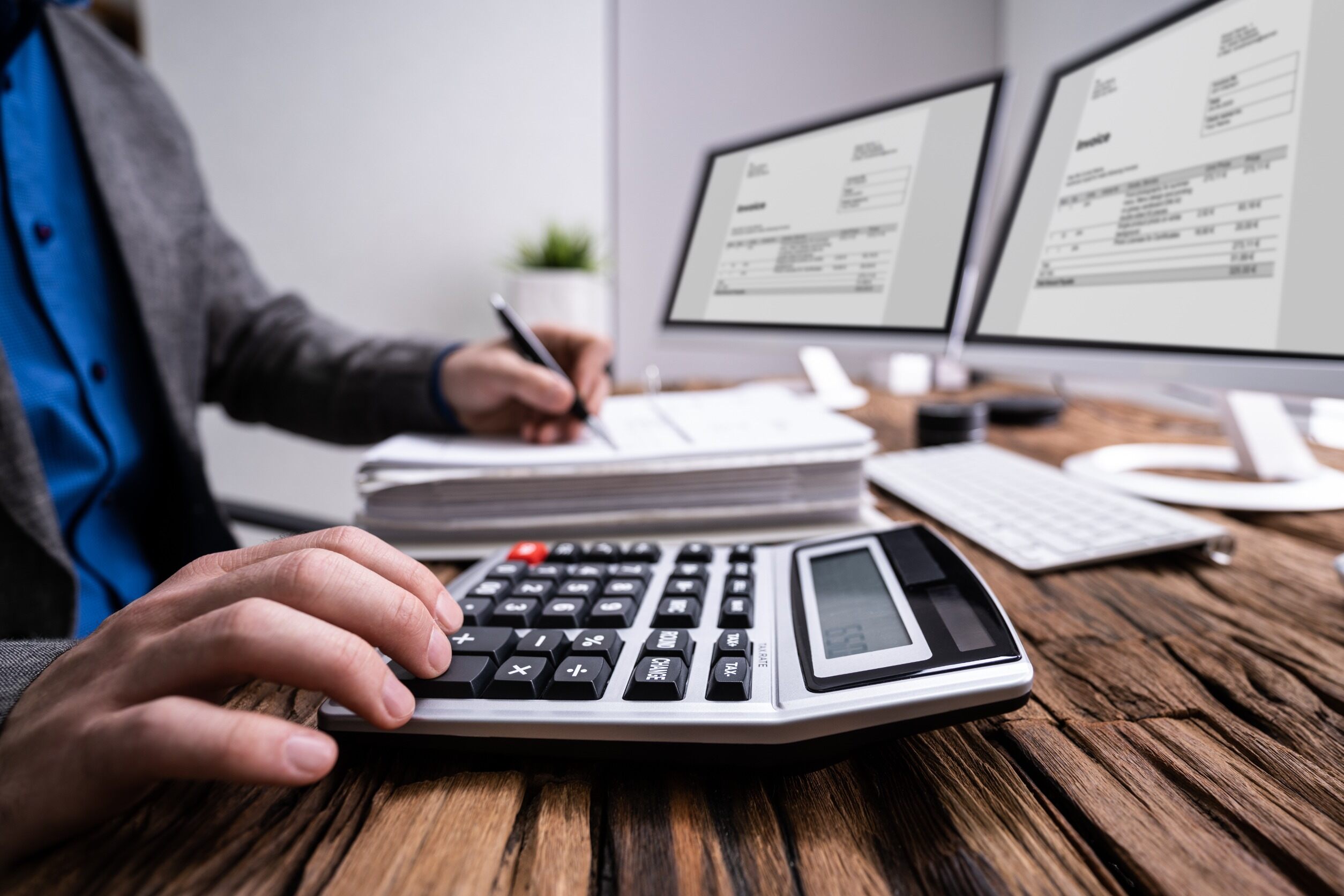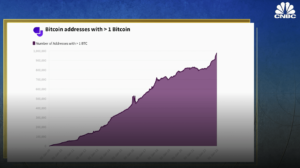
The audit reports of crypto exchanges were anything but an audit, says Dan Ashmore
Coinjournal’s Dan Ashmore told CNBC that the audit reports by cryptocurrency exchanges were not really audited reports.
The analyst pointed out that the reports only indicated the assets held by the exchanges and didn’t reveal the liabilities of the companies.
Several exchanges, including Binance and OKX, have published their proof of reserve reports in the last few months.
Proof of reserves didn’t include liabilities
Dan Ashmore, a cryptocurrency analyst at Coinjournal, told CNBC in a recent interview that the audit reports by cryptocurrency exchanges were not entirely accurate.
Last month, accounting firm Mazars Group suspended all work with its crypto clients, including Binance, KuCoin and Crypto.com. When asked about the move, Ashmore said the move was a disappointing one for the crypto industry. He stated that;
“It is disappointing, but it is not surprising. When you look at those audit reports, they were anything but an audit. It was essentially a statement of reserves. But there was no mention of liabilities. It is not possible to do an audit without mentioning liabilities. These proof of reserves need to become proper audits.”
Ashmore added that third-party entities need to look at these centralised exchanges and make financial assessments. However, due to the lack of in-depth information, it is impossible to do so at the moment.
Centralised exchanges continue to publish proof of reserves
Since the collapse of the FTX crypto exchange in November 2022, centralised crypto exchanges have been publishing proof of reserves to show their users that they have assets on their platforms.
Earlier this week, the OKX crypto exchange published a proof-of-reserves report. The report revealed that the exchange has a total of $7.5 billion worth of assets in reserves which do not include its native token, OKB.
The post The audit reports of crypto exchanges were anything but an audit, says Dan Ashmore appeared first on CoinJournal.


